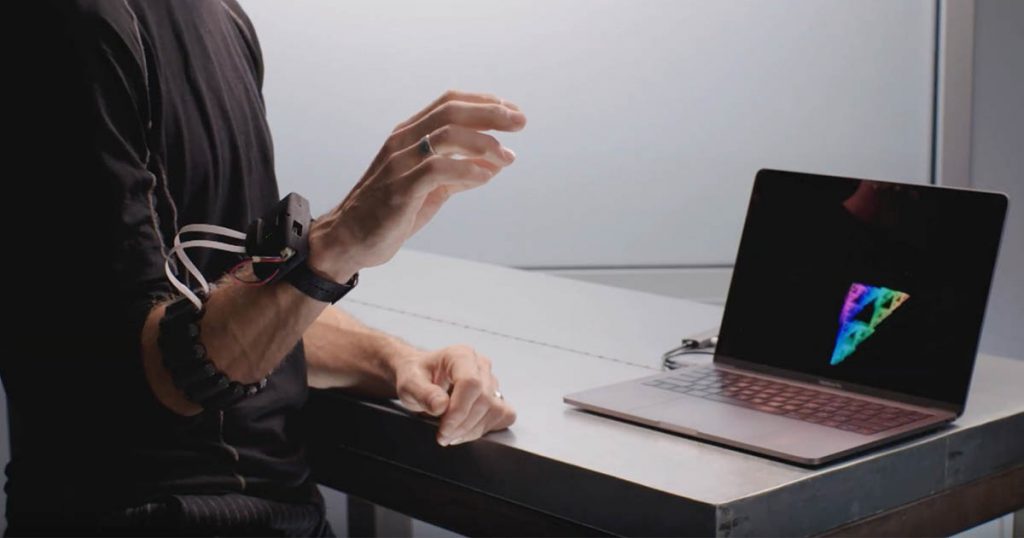Scrolling through your phone using nothing but your mind sounds like something straight out of a sci-fi movie, but it looks like Facebook wants to turn that futuristic concept into reality.
According to a report by Bloomberg, the social network has agreed to acquire CRTL-Labs, a tech startup that has been developing software that allows people to control their devices with nothing but their thoughts.
Facebook declined to comment on the price of the acquisition, but sources familiar with the deal said that it will cost somewhere US$500 million to US$1 billion.
So how does it work, exactly? The software works in tandem with a wristband that measures neuron activity in its wearer’s arm to determine any movements he/she is thinking about. The neuron activity is then translated into a movement on a digital screen, allowing for actions to be performed without any physical movement.
“The wristband will decode those signals and translate them into a digital signal your device can understand, empowering you with control over your digital life,” Facebook’s head of Augmented Reality (AR) and Virtual Reality (VR) Andrew Bosworth said in a recent Facebook post.
“It captures your intention so you can share a photo with a friend using an imperceptible movement or just by, well, intending to.”
In the same post, Bosworth also said that CRTL-Labs will join Facebook’s Reality Labs team — the company’s AR and VR department — and hopes to build the technology at scale and “get into consumer products faster.”
This actually isn’t Facebook’s first foray into mind-reading AR technology — back in 2017 it announced plans to build a “brain-computer interface” that would allow people to turn their thoughts into text on a screen by monitoring signals in the brain, and has plans to develop hands-free AR glasses as well.
“Technology like this has the potential to open up new creative possibilities and reimagine 19th century inventions in a 21st century world.” Bosworth said.
“This is how our interactions in VR and AR can one day look. It can change the way we connect.”
Feature Image Credit: CTRL-Labs
